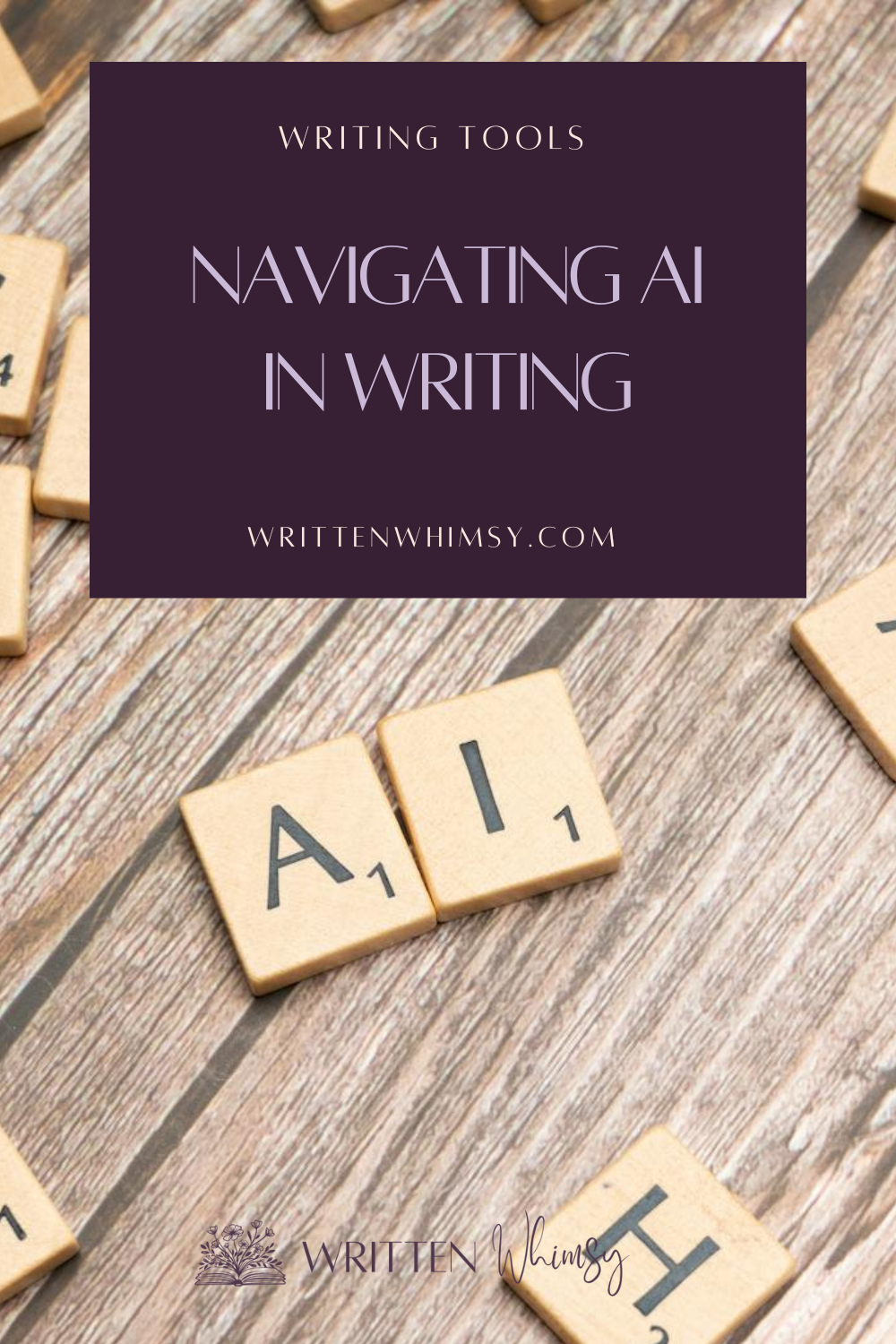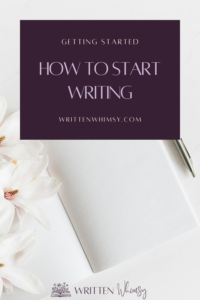With NaNoWriMo’s controversial AI stance being revealed last week, I wanted to talk about AI in writing. This is a fraught topic, and with good reason, generative AI infamously scrapes art and existing published works, without consent, or compensation, muddying copyright laws, not to mention the enormous environmental impact these tools generate. Generative AI is unethical. Full stop. In NaNoWriMo’s initial statement they did not distinguish between generative and non-generative AI, instead opting to be ambiguous, resulting in a lot of confusion and anger. They have since clarified their stance, but much of the damage is done.
Unfortunately, AI has become synonymous with generative AI, resulting in apprehension and anger from creatives, rightfully so. That being said, there are two types of AI. Before the term AI became common place, we had things like grammar and spell checks, as well as voice to text. Tools that have been commonplace in the writing sphere since the advent of word processors. These are tools that commonly help writers make their work legible and polished. For authors specifically, they’re wonderful tools to use for that first editing sweep, before handing it over to a human editor. These tools are non-generative AI tools, we just never used to call them that. They aren’t perfect, but they certainly help. Non-generative AI, by definition, does not generate new content or data, instead it is designed to perform specific tasks based on existing data and rules. Non-generative AI cannot write your novel or essay for you, the ideas and words are your own, and isn’t that the whole point?
I remember when I was creating this website, I found a YouTube guide, and it helped immensely, all save for the section titled “writing your posts” where the guide directed me to use Chat GPT to write my blog posts. The argument was that I could generate far more posts to generate more views and eventually money. That’s when I stopped watching the guide. How disingenuous would it be for a writing blog and editing service be to use Chat GPT to write content, the very same that threatens my clients and colleagues very livelihood. So, I vowed I would write my posts in my own words, even if it was slower, even if it was imperfect.
But, you say, I only use Chat GPT to help generate ideas, I do all the actual writing. I get it, fleshing out an idea is hard. It’s a lot easier, not to mention quicker, to use Chat GPT instead of brainstorming or finding a writers group to discuss your ideas with, but, in my humble opinion, it is far more rewarding. Community is such an integral part of being a creative, writing is a bit of a paradox in that it is a singular venture, but having a community of trusted friends, and professionals who want to help you succeed, who you want to help succeed in turn is true as well. All you need to do is to read your favorite novel’s dedication, and acknowledgements to know that no author exists in a vacuum, they have a community behind them. So, for my part, I choose to reject the tools that would exploit those I wish to uplift. I plan to review some of my favorite writing tools in the coming weeks to give you some ideas of what might work for you. What are some of your favorite non-generative AI tools?




